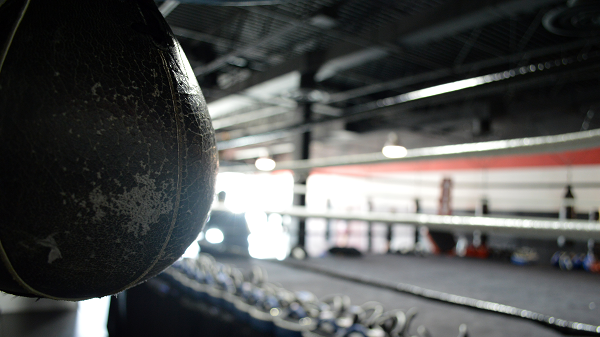Going all the way back to the bare-knuckle era, betting has been a huge part of the sport of boxing. Early purses were funded entirely through pre-fight wagering.
Though sports betting has become more organized over the years, betting on boxing is essentially the same as it was a couple of hundred years ago. Sure, these days we have the benefit of tools like over-unders, KO props, and round-by-round betting, but the basic hobby is the same as it’s always been.
Want to win more often when betting on boxing?
Here’s how:
Find the Best Price
The best bettors in the world aren’t boxing historians or statistical geniuses.
They’re guys who know how to shop for the best price.
The difference between a successful season and an unsuccessful season can be a matter of just a few percentage points. Finding slightly better prices over the course of a few months of betting might be that difference.
So what is the definition of a good price?
You’ll hear this advice often, especially from old-timers:
You should make a play on an underdog with a realistic chance to win if he’s listed at 3/1 (+300) or greater. The logic behind this aphorism is easy to understand – the assumption is that underdogs listed at 4/1 or worse are just too risky for most bettor’s bankrolls.
But that’s bad advice.
It’s a bad idea to limit your betting based on a specific price point or criteria. If you’re going to take a play on an underdog, you should be confident enough in that pick to make it whether the fighter is 2/1 or 10/1.
This applies to bets on favorites as well. Being convinced that a fighter is going to prevail should require the kind of research and confidence that makes him a good value at just about any price.
Value is value. Finding the best price, then, just means shopping around for the bet that will earn you the biggest return.
Stop worrying so much about price and concentrate more on the value of your bet and the fighter you’re betting on.
Learn to Identify High-Value Underdogs
I grew up in the age of the prominent champion heavyweight. Fighters like De La Hoya, Jones, Tyson, and Mayweather regularly faced underdog opponents priced at +700, +800, and higher.
That means I have lots of experience being tempted by underdogs. My “anything can happen” attitude got me into financial trouble more than once, as I chased a huge +900 payout by making a play that had a slim chance of paying off.
I was wasting my money.
I developed a personal rule when chasing a big underdog payday. No matter the price, I don’t bother with any underdog that has no plausible route to victory. Yes, this means I have to do more research, and yes, it means I bet on fewer longshot dogs. It makes the sport less “exciting,” but it stabilizes my bankroll.
Any underdog I make a play on has to be at least on an even playing field in terms of skill with the favored opponent. The better fighter does not always win – but usually the longshot fighter who pulls off the upset has some advantage, which you as a smart bettor can sniff out and use to anchor an otherwise long play.
I may see that a fighter has a particularly tough and authoritative body blow when facing southpaws, and if his next match happens to be against a favorite that doesn’t like to get hit in the body, that’s plenty to convince me to make the play. In cases where the favorite is known to have a weak chin rather than sensitive ribs, I probably wouldn’t make the same play.
Beware the Points (and the Judges)
In all my years of placing legal boxing wagers, I’ve been burned more by judges than by my own stupidity.
Boxing is simple. Two men try to knock each other down with their hands. Unfortunately, scoring and results aren’t quite that simple.
Anecdotally, it’s said that 1/3 of all professional matches are decided on points alone. I’ve noticed that lightweight and middleweight fights result in more points decisions, but even in the heavier weight classes, you’ll see a lot of points’ calls.
In fact, your overall betting success may be determined more by the three judges seated ringside. Remember, watching the fight in the book, you can see the CompuBox stats of the fight. Judges are watching without that benefit. Judges make subjective decisions.
It’s said that judges in European bouts are a lot more likely to award a bout to the home fighter than judges in Asia or America. Partisan crowds in Paris, London, and Berlin are likely to influence the outcome a lot. You can use this knowledge to your advantage when making a play on a championship in Europe.
So yes, there is some home advantage to be considered in boxing. But judges in America don’t seem to fall under that same spell.
So how can you account for points and judges catastrophes outside Europe?
If you figure it out, please let me know.
For now, accept that sometimes you’re going to get a bad beat because of incorrect or lousy judging. Consider any impact the judges may have on the outcome and alter your bets accordingly.
Want my best advice?
Stick to what you know, learn more over time, and trust your instincts–especially after you’ve won a few bets and have some confidence. Ignore trends and boxing commentators, stick to the facts, and no doubt you’ll increase your winning percentage.

 MENU
MENU















